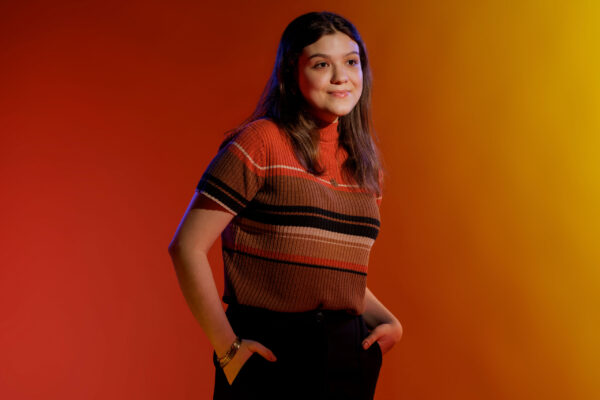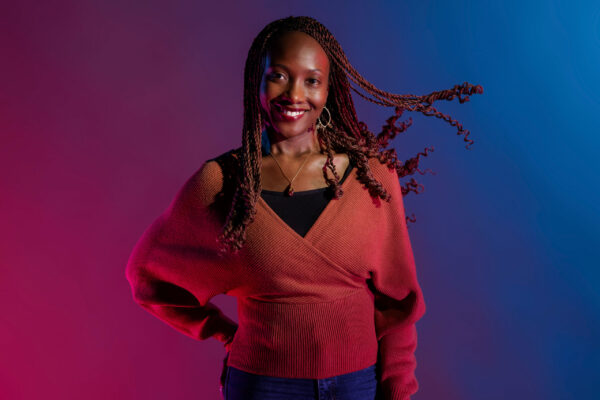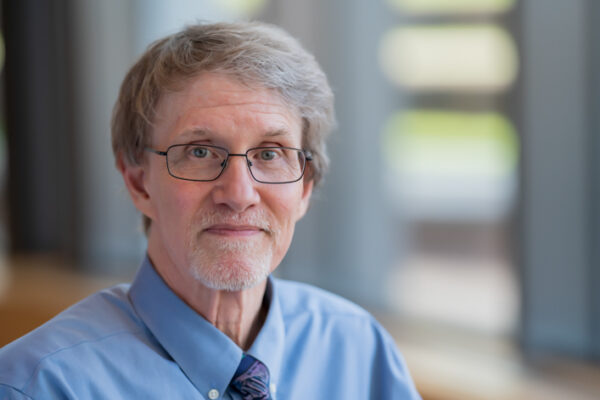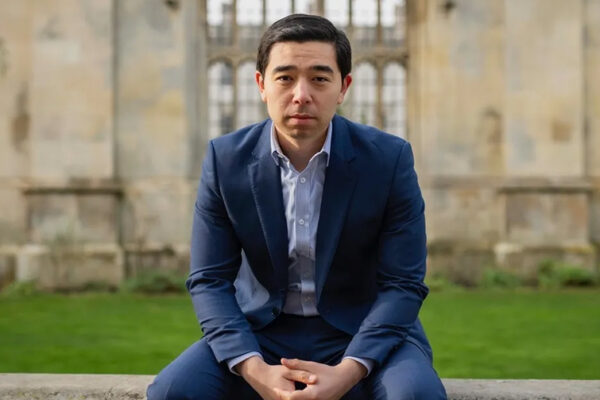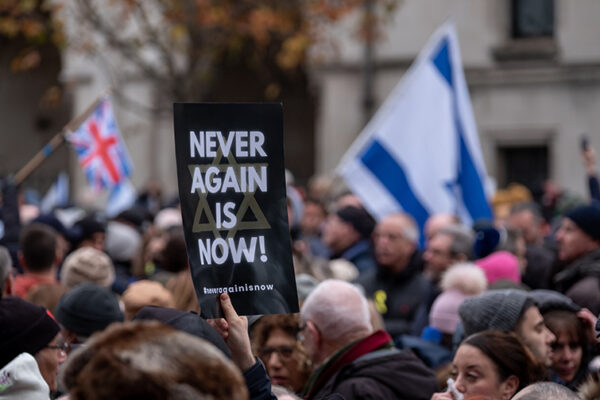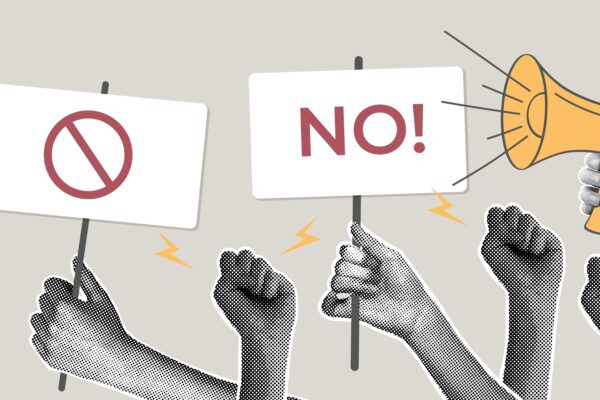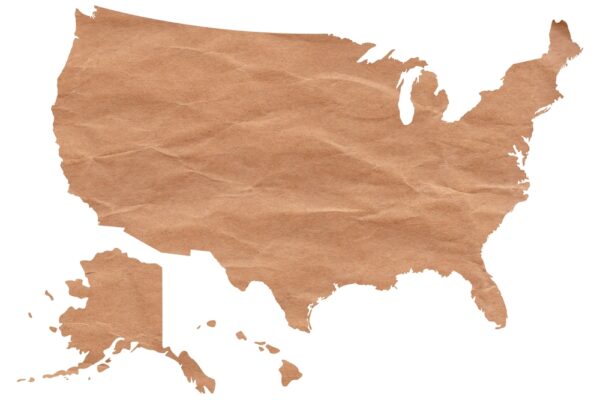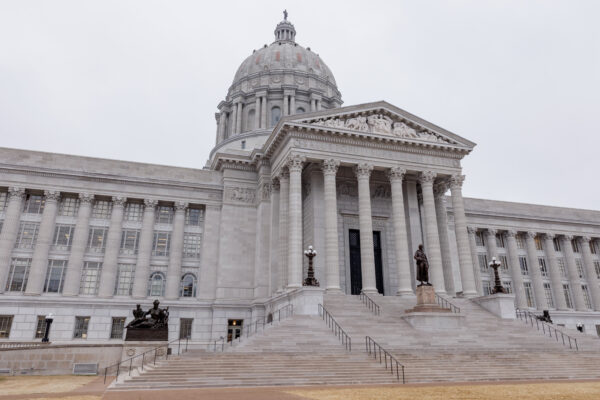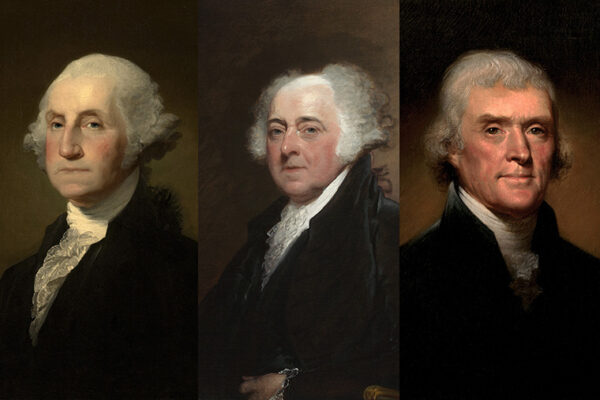Class Acts: Amelia Letson
A Gephardt Institute Civic Scholar, St. Louis Fellow and WashU Votes co-chair, graduating senior Amelia Letson has spent the past four years promoting voter education, researching progressive policy and increasing civic engagement on campus.
Class Acts: Shana Brooks
Can a self-described wallflower be a leader? Absolutely, says Shana Brooks, who is set to earn her undergraduate degree in political science from WashU’s School of Continuing & Professional Studies.
How researchers can influence policy today
University researchers can play a vital role in shaping policy — when they combine solid science with smart communication, compelling stories and political awareness. WashU policy expert Ross Brownson explains how.
Gibson leads global ranking of productive political scientists
James L. Gibson, in Arts & Sciences at Washington University in St. Louis, leads a new ranking of most productive political scientists in North America and around the world, according to a new study published by the American Political Science Association.
Henderson to deliver annual Brauer Lecture
Rob Henderson, political commentator and bestselling author of “Troubled: A Memoir of Foster Care, Family and Social Class,” will deliver the keynote address for Olin Business School’s Brauer Lecture Series April 16 at Washington University in St. Louis.
Getting to root of rising antisemitism in America
Fighting rising antisemitism in the U.S. will require a dramatic shift in civility and a renewed focus on teaching history and religion, according to Mark Oppenheimer, at the John C. Danforth Center on Religion and Politics at Washington University in St. Louis. “The humanities don’t inoculate against hatred, but they give us the tools to fight it.”
There is no such thing as ‘illegal protest’
President Donald Trump has made headlines recently for threatening to stop federal funding of “any college, school or university that allows illegal protests.” However, there is no such thing as an “illegal” protest, said an expert on constitutional law in the School of Law. The First Amendment explicitly protects the right of peaceable assembly.
The United States of no states?
What would America look like if there were no state governments? Stephen H. Legomsky, the John S. Lehmann University Professor Emeritus at WashU Law, tackles that question in his new book, “Reimagining the American Union: The Case for Abolishing State Government,” published by Cambridge University Press.
Collective action, ongoing advocacy
WashU Advocates are raising awareness about the university’s mission with government officials, communicating how WashU works to solve societal challenges and improve lives.
Creating a federal government
Politicians often claim to know what kind of government the founders would have wanted. Presidential historian Peter Kastor was struck by the relative lack of scholarship around an obvious follow-up question: What kind of government did the founders actually create?
Older Stories
